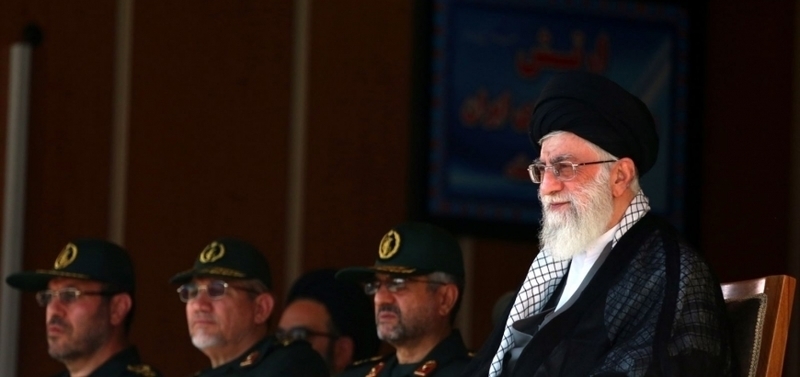Iranian influence continues to grow on Assad's decisions, particularly with regard to military concerns, with the Iranian hegemony aggravating leadership in Moscow, according to Syrian dissident Louay al-Mekdad.
Mekdad, director of Masarat Center, added that Iran "has penetrated the institutions of the Syrian state, notably after the dissolution of the Syrian army and the formation of disorganized militias and factions", pointing out that the deconstruction of the Syrian army "infuriated Moscow". Mikdad says Russia "discovered the support and weapons it provides to the Syrian army is not directed to the army but to the militias instead".
Mikdad explained that the growing Iranian influence in the decision-making centers of Assad's regime "began with providing loans to the regime, then buying real estate in Damascus and its countryside, but it ended up resulting in full and direct control. Even the bodyguards of Assad are from the Iranian Revolutionary Guards".
Media advisor to the Free Syrian Army, Osama Abu Zeid, said: "Iranians have a large role and a lot of privileges, the most important of these is their ability to move freely and without obstruction throughout the country, especially in Damascus and its countryside, Aleppo and Homs, while the average Syrian soldier is subjected to inspection at the checkpoints of regime's security forces".
Several video clips and photos published by Syrian dissidents confirm the involvement of Iran in the Syrian war, as the clips show Iranian military leaders alongside Syrian regime commanders. Among the video clips was one leaked by the Dawood Brigade, showing Iranian Revolutionary Guards in battles in Aleppo and Idleb. It also became apparent when battles broke out in southern Syria that Assad appointed the leader of Iranian al-Quds Force, Qassem Suleimani, to supervise the military response.
Abu Zeid added a joint operations room exists between the Lebanese Hezbollah, the Iranian Revolutionary Guards and regime forces in Damascus which plans for battles inside Syria, namely in eastern Ghouta. Abu Zeid says: "the military role of the Iranian fighters is considered more important than the role of the ordinary Syrian fighter, as the Iranians are able to impose their own opinion on the officers of regime forces".
Translated and edited by The Syrian Observer


